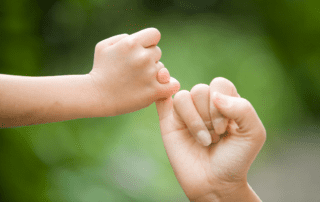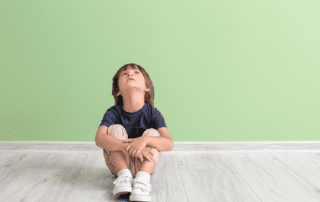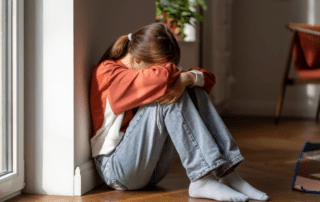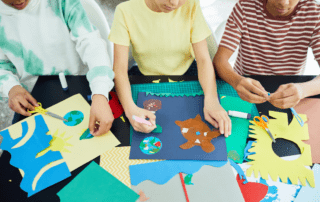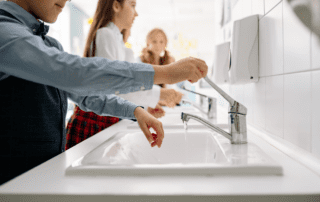Parenting Strategies: Nurturing Confident and Independent Kids
Raising confident and independent children involves building trust, fostering decision-making skills, and creating a supportive home environment. Encouraging social skills and community involvement further enhances these traits. These efforts result in children who perform better academically, develop stronger social relationships, and exhibit greater resilience in life's challenges.

